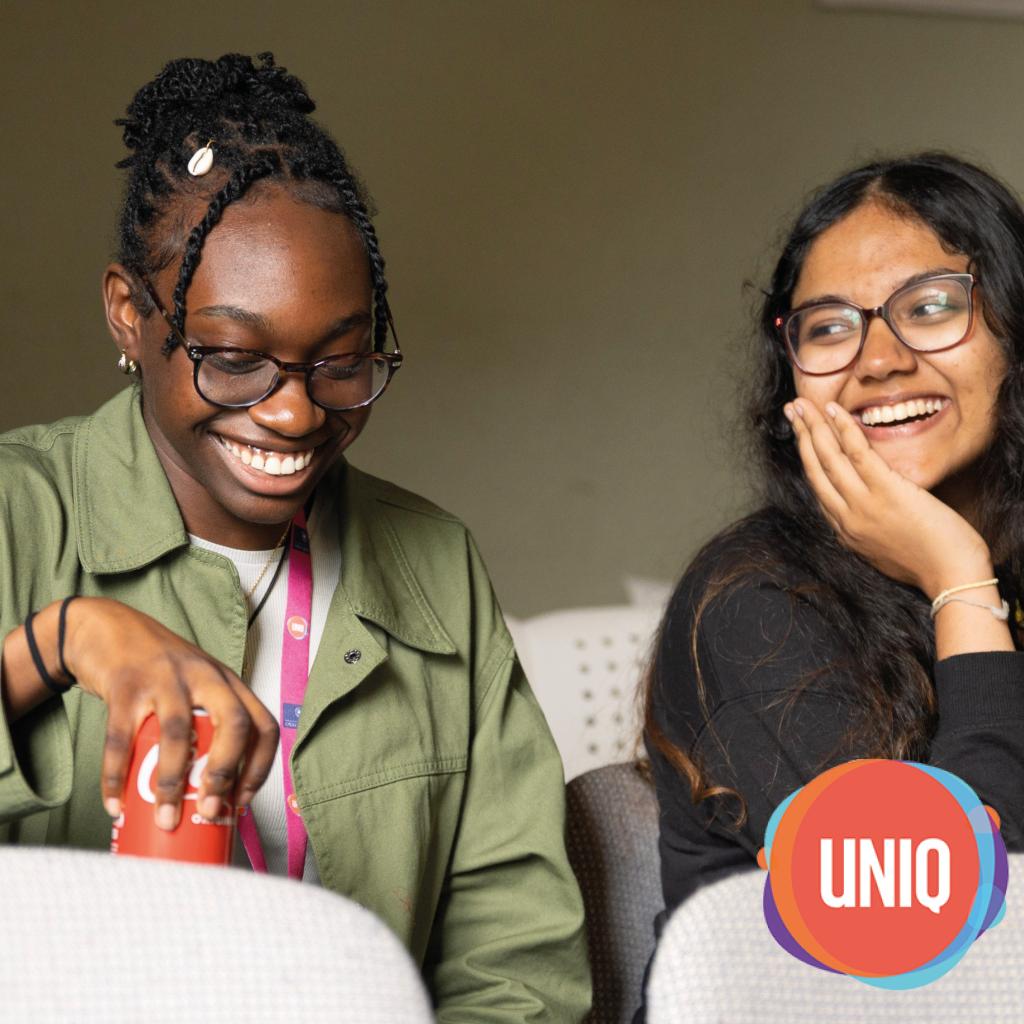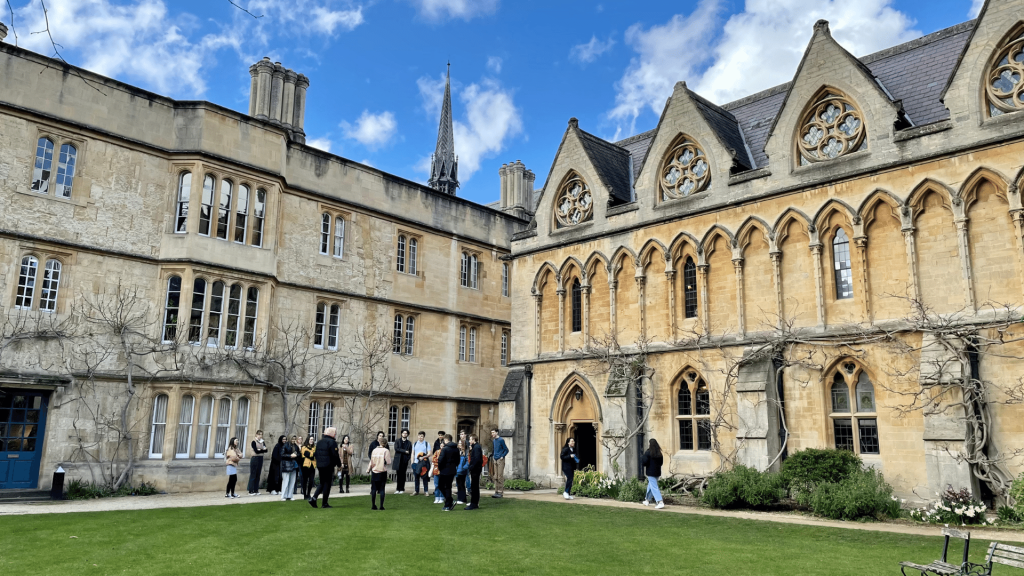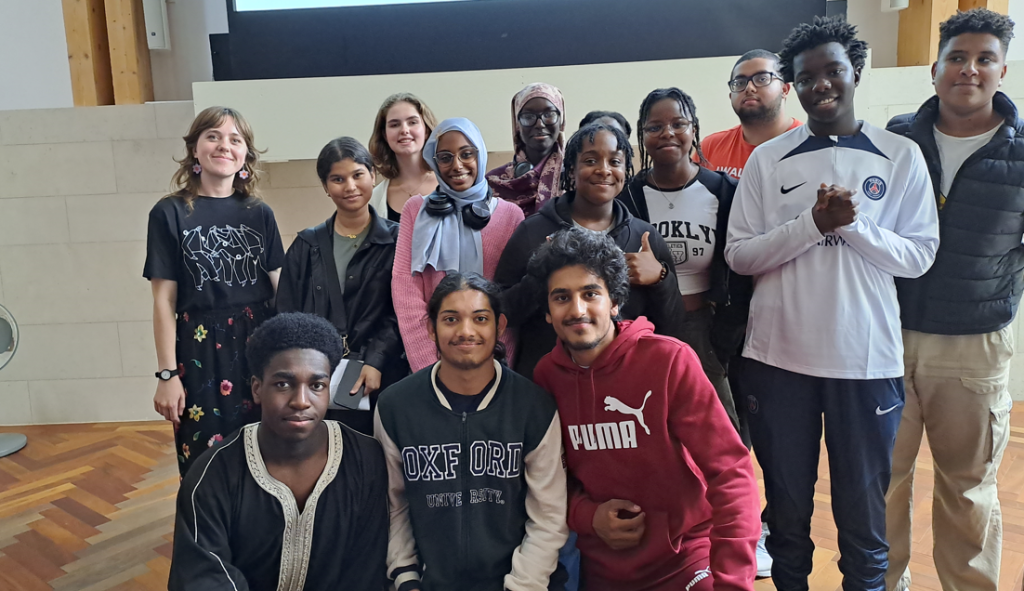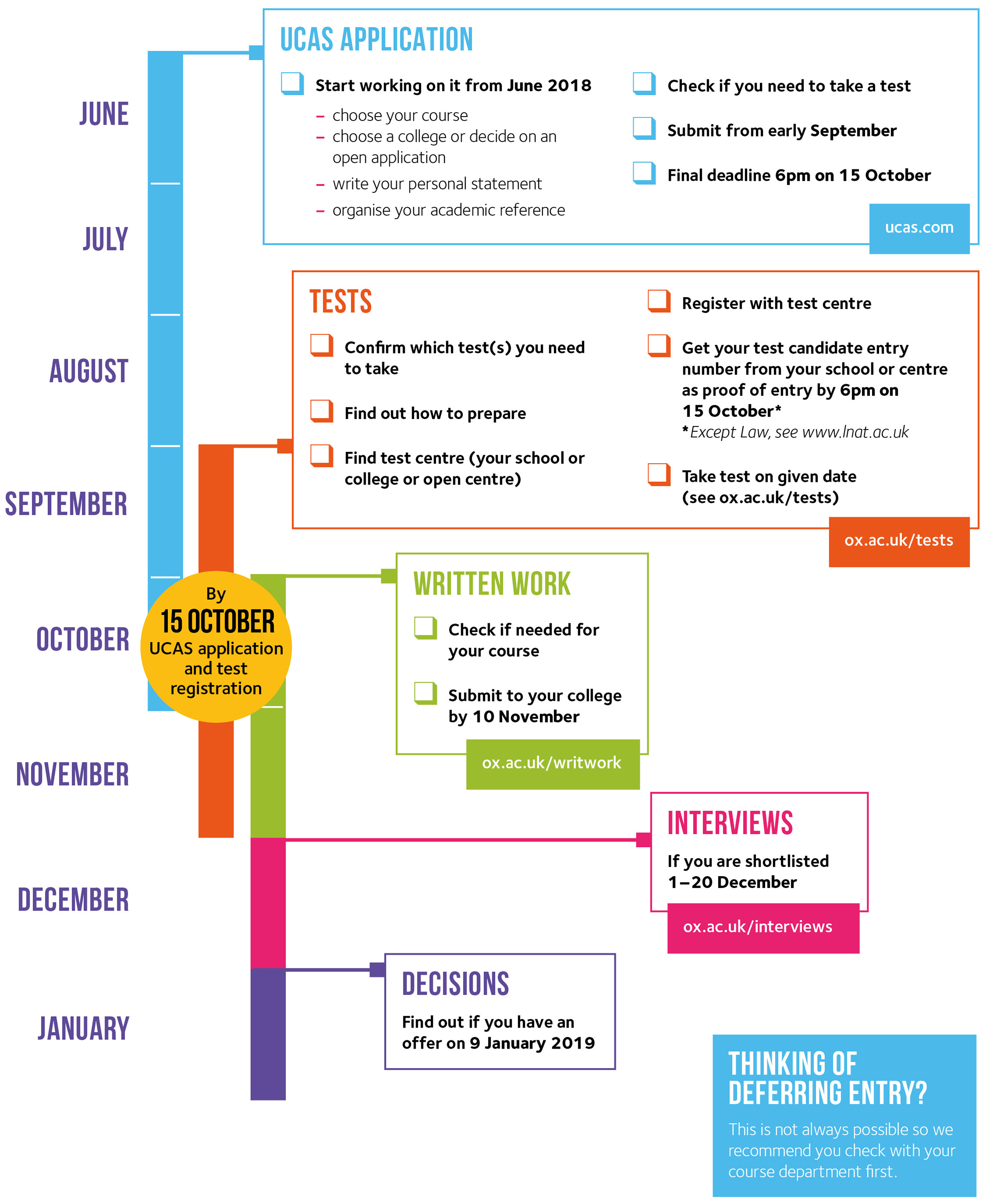Applications are now OPEN for UNIQ 2025! Will UNIQ help shape your future?
What is UNIQ?
The UNIQ programme helps UK state school students with good GCSE grades or equivalent make a more successful application to Oxford, with a sustained contact programme and in-person residential. UNIQ is there to support young people from underrepresented backgrounds at Oxford explore new subjects, speak to current students and learn first-hand about the application process and what life might be like at Oxford.

If you take part in UNIQ, you’ll have access to a range of activities to support your preparation for university applications. This includes help with admissions tests, the interview process and getting to grips with student life once you’re at university. Not only will you be able to experience student life at Oxford whilst receiving support with your university application, you’ll also have the opportunity to make new friends whilst exploring new and exciting subjects.
What Modern Languages courses are available?
For Modern Languages, there will be courses available for Spanish, French, and German. Each varied course allows you to explore several exciting elements of degree-level language studies, such as language, literature, theatre, film, and linguistics, and gives you the opportunity to have a taster of two other European languages at beginners’ level.
How do I apply?
Applying is quick and simple – just register and fill out the form on the UNIQ website. It shouldn’t take you more than 15 minutes or so. Before you apply you should check that you meet our eligibility requirements and browse our courses for a first and second choice.

Applications close on 23 January. You can find out more about the programme and selection criteria on the UNIQ website (www.uniq.ox.ac.uk) and by following us on Instagram (@OxfordUNIQ). If you have any queries about the applications process, you can check out our FAQs or contact us at uniq@admin.ox.ac.uk.






